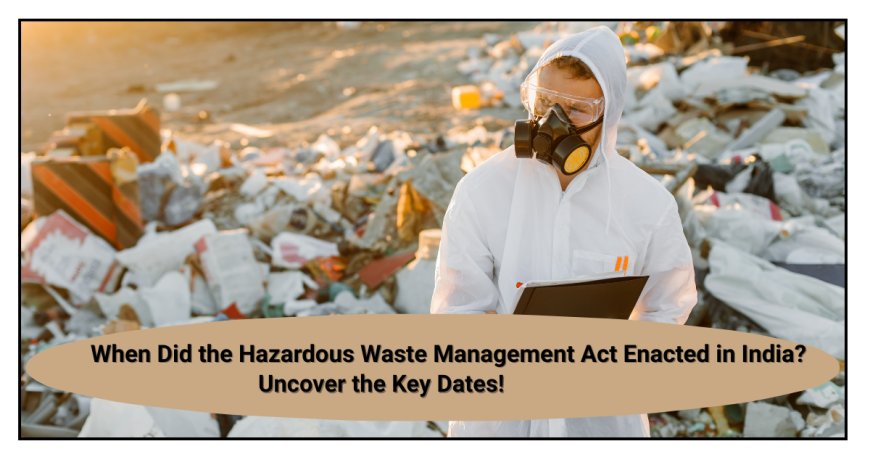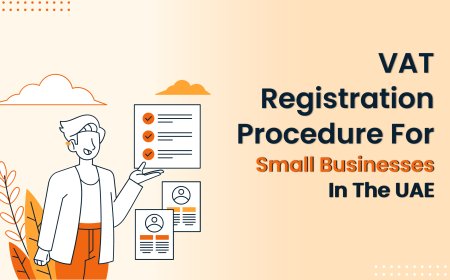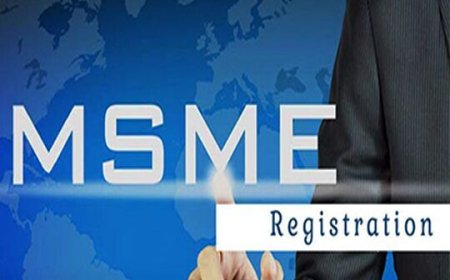When Did the Hazardous Waste Management Act Enacted in India? Uncover the Key Dates!
Managing hazardous waste is essential for protecting human health and the environment. But when did hazardous waste management officially start in India? Let’s explore the evolution of the hazardous waste management legal framework, key milestones, and what it means for businesses seeking a hazardous waste licence today.

The Birth of Hazardous Waste Management Law in India
The Environment (Protection) Act, 1986, established the legislative foundation for hazardous waste management in India. The creation, collection, storage, transportation, treatment, and disposal of hazardous wastes are governed by the first Hazardous Waste (Management and Handling) Rules, 1989, which were established by the government under this Act.
The 1989 Rules were India's first official attempt to regulate the pollution caused by hazardous waste by international environmental standards.
Major Revisions & Updates
To improve enforcement and bring the 1989 Rules into compliance with international agreements such as the Basel Convention on the Control of Transboundary Movements of Hazardous Wastes, they underwent many revisions:
Hazardous Wastes (Management and Handling) Amendment Rules, 2000 & 2003 Enhanced disposal guidelines and enlarged the list of hazardous wastes.
Hazardous Wastes (Management, Handling and Transboundary Movement) Rules, 2008 Introduced improved tracking and processes for the import and export of hazardous waste.
Hazardous and Other Wastes (Management and Transboundary Movement) Rules, 2016 The latest comprehensive rules issued by the Ministry of Environment, Forest and Climate Change (MoEFCC) on April 4, 2016. These Hazardous and Other Wastes Management and Transboundary Movement Rules 2016 replaced previous rules and added provisions for other wastes such as used lead-acid batteries, e-waste, and more.
Key Provisions of the 2016 Rules
The 2016 Rules introduced significant changes:
-
Broadened the definition of hazardous and other wastes.
-
Mandated authorization from the State Pollution Control Board (SPCB) for handling hazardous waste, commonly referred to as a hazardous waste licence.
-
Made it compulsory for generators to maintain records and file annual returns on hazardous waste generation and disposal.
-
Set procedures for the import/export of hazardous and other wastes.
-
Encouraged the co-processing of hazardous wastes in cement or thermal power plants as an alternative to landfill.
Why Knowing These Dates Matters
Understanding when the hazardous waste management regulations went into effect is essential, whether you run a waste management company, a manufacturer, or a recycler. This is because:
- Staying compliant with current regulations.
- Applying for the correcthazardous waste licence.
- Avoiding fines or prosecution for non-compliance.
- Demonstrating due diligence in audits or certifications.
Final Thought
The 1989 Rules under the Environment Protection Act marked the beginning of hazardous waste management in India, but the Hazardous and Other Wastes Management and Transboundary Movement Rules 2016 announcement marked a significant turning point. These regulations, which went into force on April 4, 2016, continue to be the mainstay of hazardous waste management in India.







































